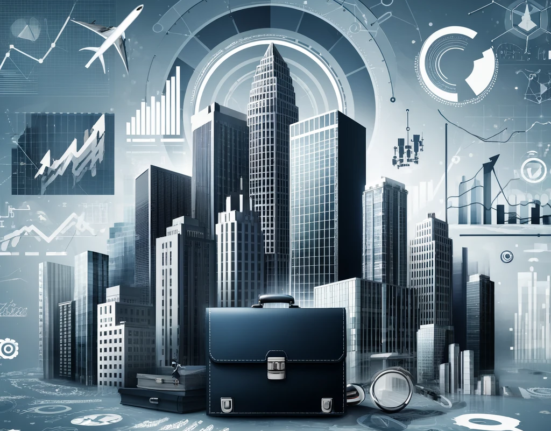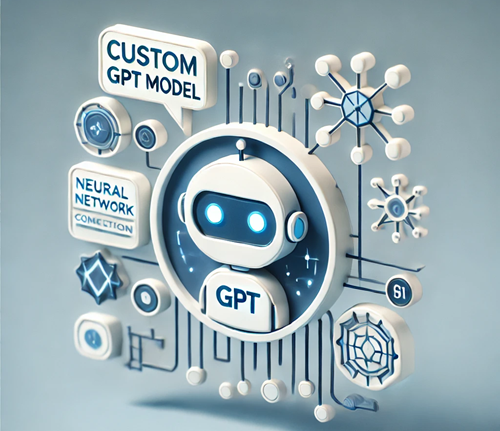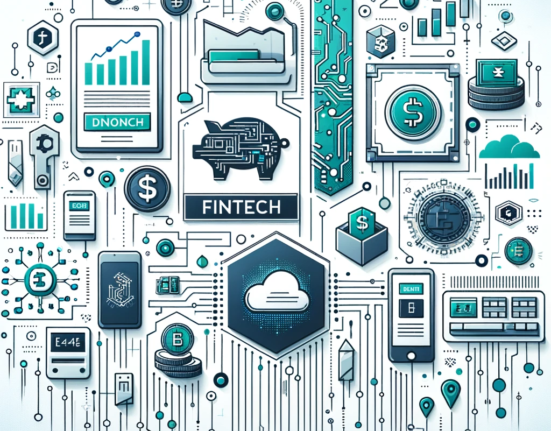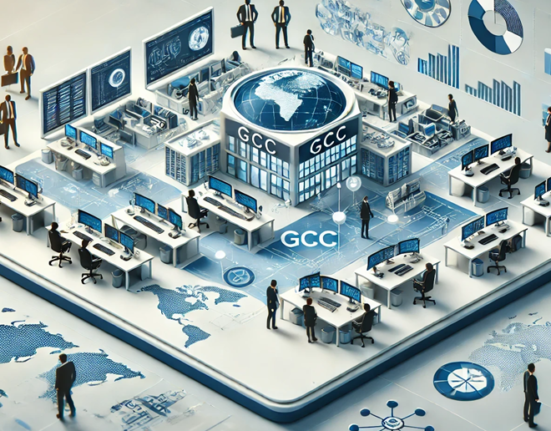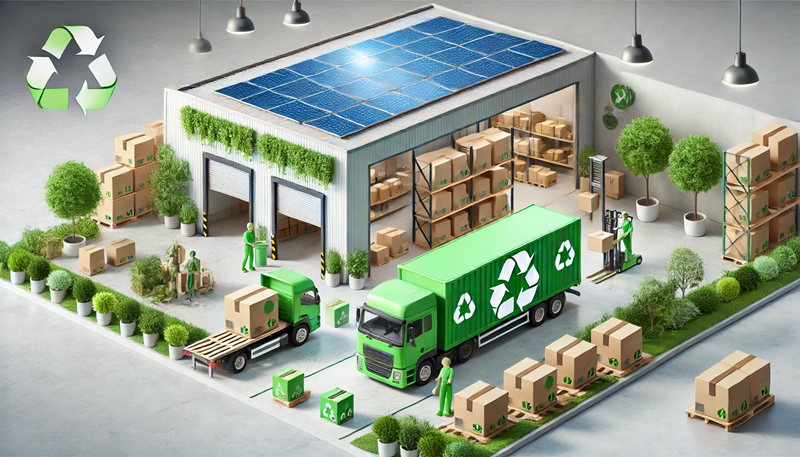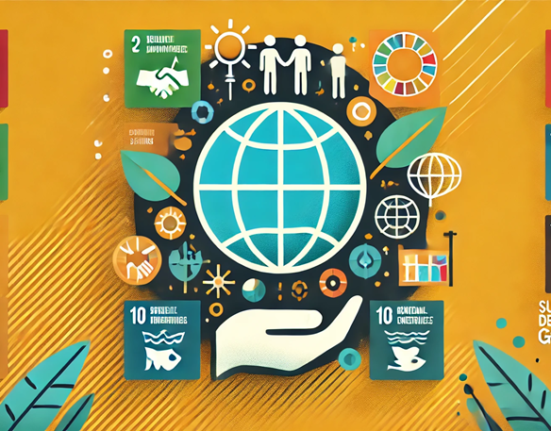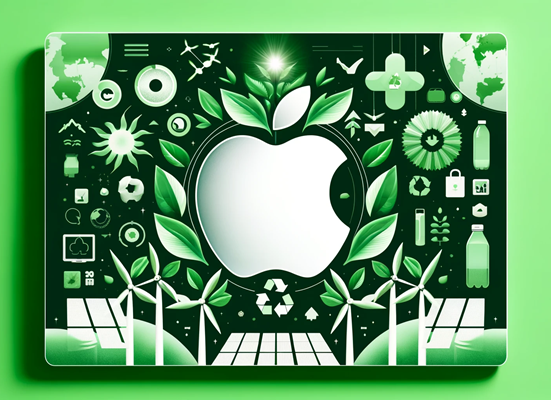Sustainability has emerged as one of the most critical topics in today’s global discourse. As the world faces mounting challenges, including climate change, resource depletion, and social inequalities, sustainability offers a pathway to balance economic growth, environmental preservation, and social equity. But what does sustainability truly mean, and how is it shaping our lives in the 21st century?
A Holistic Framework
Sustainability is often defined as the ability to meet the needs of the present without compromising the ability of future generations to meet their own. This comprehensive concept is rooted in three pillars: environmental protection, economic growth, and social well-being. Together, these pillars create a framework that guides individuals, governments, and businesses toward practices that ensure long-term resilience and fairness.
The environmental pillar focuses on reducing humanity’s ecological footprint by conserving natural resources and protecting ecosystems. Economically, sustainability calls for growth strategies that do not deplete resources or harm the environment. Socially, it emphasizes equity, fairness, and improved quality of life for all, ensuring no one is left behind.
The Environmental Imperative
In a world where biodiversity is declining at an unprecedented rate, and climate change threatens livelihoods globally, environmental sustainability is a critical focus. Efforts to reduce carbon emissions, transition to renewable energy, and promote sustainable agriculture are at the forefront of this battle.
From renewable energy adoption, like wind and solar power, to waste reduction through recycling, individuals and organizations are embracing practices that minimize environmental harm. These actions not only reduce greenhouse gas emissions but also mitigate risks associated with climate change, such as extreme weather and rising sea levels.
Economic Strategies for Sustainable Growth
Sustainability is also reshaping economic models. The emphasis is shifting from traditional linear systems, where products are made, used, and discarded, to circular systems that prioritize reuse, recycling, and resource efficiency. Companies investing in green innovations, such as biodegradable packaging and carbon-neutral operations, are leading the charge.
Major corporations like Apple and Unilever are setting benchmarks by integrating sustainability into their supply chains. Their efforts to source materials ethically, reduce energy consumption, and promote fair trade not only enhance their brand reputation but also contribute to global sustainability goals.
Social Impact of Sustainability
Social sustainability is perhaps the most human aspect of this framework. It revolves around ensuring equitable access to resources, education, and opportunities. In many parts of the world, sustainable practices are driving community development projects, improving healthcare, and fostering gender equality.
For example, initiatives promoting local farming and fair wages empower communities while reducing dependency on unsustainable practices. Education campaigns are also playing a key role, raising awareness about the importance of sustainability and encouraging behavior changes at grassroots levels.
Why It Matters Today
Sustainability is no longer a choice but a necessity. Its importance spans every aspect of modern life, from the food we eat to the transportation we use. Adopting sustainable practices leads to cleaner air and water, healthier living conditions, and more resilient economies. As nations work toward global goals, such as the United Nations Sustainable Development Goals (SDGs), sustainability remains the linchpin for progress.
Challenges in Implementation
Despite its benefits, sustainability faces challenges in implementation. High initial costs, resistance from industries reliant on fossil fuels, and a lack of awareness often impede progress. However, governments and organizations are addressing these barriers through incentives, policy reforms, and public education campaigns.
Looking Ahead
Innovations are rapidly transforming sustainability from an abstract concept into actionable solutions. Technologies like artificial intelligence, smart city systems, and carbon capture mechanisms are paving the way for sustainable urban living. As these advancements gain traction, the vision of a balanced and equitable world becomes increasingly attainable.
Sustainability is more than an environmental or economic issue; it is a comprehensive approach to living that demands collective effort. By understanding its core principles and embracing its practices, individuals and organizations alike can contribute to a more sustainable future.
This growing emphasis on sustainability reminds us that the choices we make today will determine the quality of life for generations to come. It is no longer just a matter of preserving resources; it is about shaping a world where humanity and nature can thrive together.


